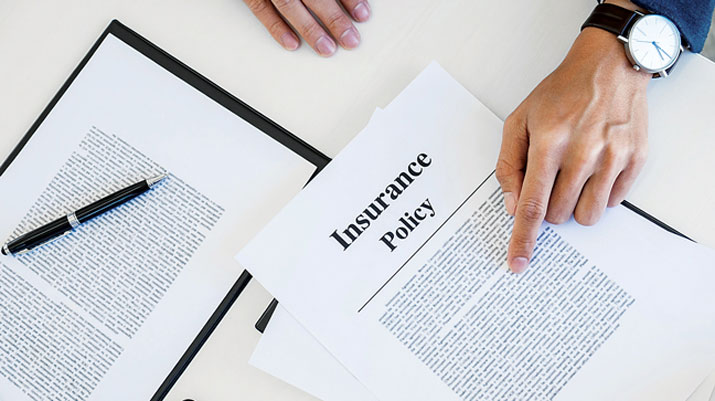3 insurance mistakes to avoid
Insurance policies are an essential part of any propane business, but they often cause confusion. Understand these three pitfalls when dealing with insurance companies, and you’re less likely to make a costly error:
1. Failure to notify
An important part of any insurance policy is the requirement that the insured give prompt notice of claims to the insurer, calling it to investigate the claim and providing for a defense.
Not providing prompt notice to the insurer can prejudice the ability of the insurer to investigate and defend the claim. During such a delay, evidence can be lost, witnesses can forget important information, and destructive testing can take place that can alter the evidence to the prejudice of the insurer’s ability to defend the case and resolve it in a more favorable way.
There are many reasons that insureds have failed to notify an insurer promptly of a claim or potential claim. The most common reasons are: The notice letter of a claim is misplaced in the office for a variety of reasons, or an insured decides that it has no exposure and fails to send the notice of claim to its insurer.
2. Failure to comply
Another issue that insureds may encounter is failure to stay in compliance with requirements to have insurance.
A recent case in Indiana is one such example. Two insureds owned by the same person, Fun F/X II Inc. and Cao Enterprises II LLC, were insured by Frankenmuth Insurance. In July 2019, a fire broke out at the insureds’ South Bend, Indiana, warehouse that caused about $7 million in damages.
The insureds were required to notify the insurer if the fire sprinkler system was not operational. Failure to provide such notice triggered a notice-of-impairment exclusion under the policy.
The insureds were aware that the sprinkler system was not operating properly in September 2017 but failed to notify the insurer.
A water line had been cut and capped that prevented water to flow into the sprinkler system. The insured argued that this issue was not the “actual” sprinkler system and therefore did not have to give notice of impairment to the insurer. However, the cut and capped pipe prevented the sprinkler system from working. The court concluded that the distinction the insured attempted to make was unreasonable.
The obvious intent of the exclusion was to require an insured to notify an insurer of anything that would impair the function of the sprinkler system.
The rationale for such an exclusion in the policy is obvious. The insurer decides to provide insurance to this business due to its determination of the risk the business presents for a loss. An important element in making that assessment is that the insured has an operating sprinkler system that would quickly extinguish a fire and minimize damages.
Typically, an insurer that requires this type of notice can elect to inspect the insureds’ property to determine if it will continue to insure the risk. It may require the insureds to make certain improvements to keep the insurance, or its policy may trigger a cancellation of the insurance.
3. Underinsured
Becoming underinsured can happen on first- and third-party insurance. Being underinsured on first party can be painful in the event of a loss. This often occurs in undervaluing personal property or business interruption losses.
As your business grows, work with your accountant and insurance agent to make updates and ensure adequate coverage. With liability insurance, the question is: How much insurance is sufficient? There is no magic formula.
Some states have certain insurance minimums that must be in place to do business in the state’s propane industry. However, those amounts are typically no more than $1 million. It is not uncommon for propane marketers to carry excess liability insurance well above $1 million. The amount you carry is driven by an analysis of the markets you serve, the size of your business and the amount of insurance you conclude will protect your business in the event of a catastrophic claim.
John V. McCoy is with McCoy, Leavitt, Laskey LLC. His firm represents industry members nationally. He can be reached at jmccoy@MLLlaw.com or at 262-522-7007.

















